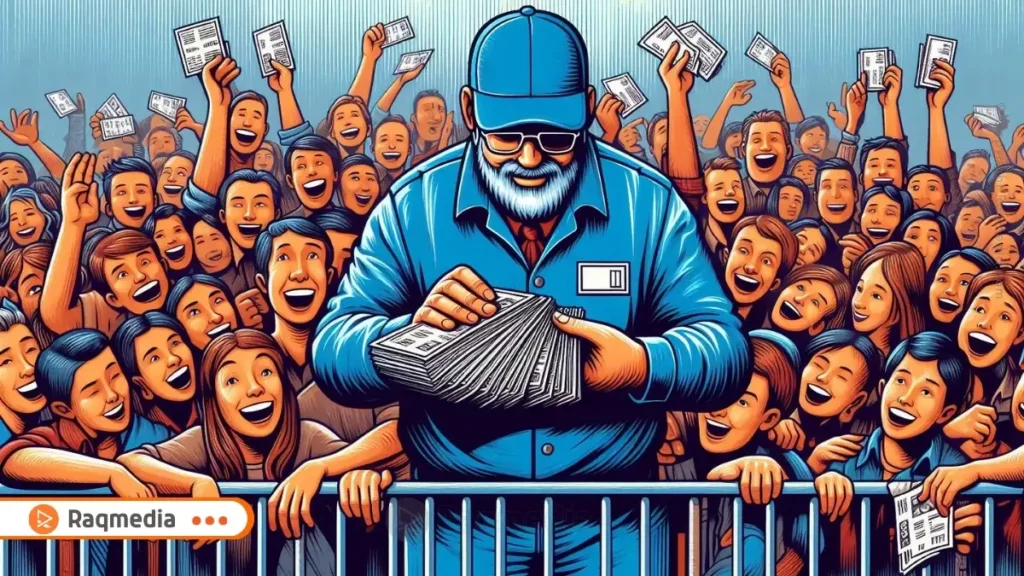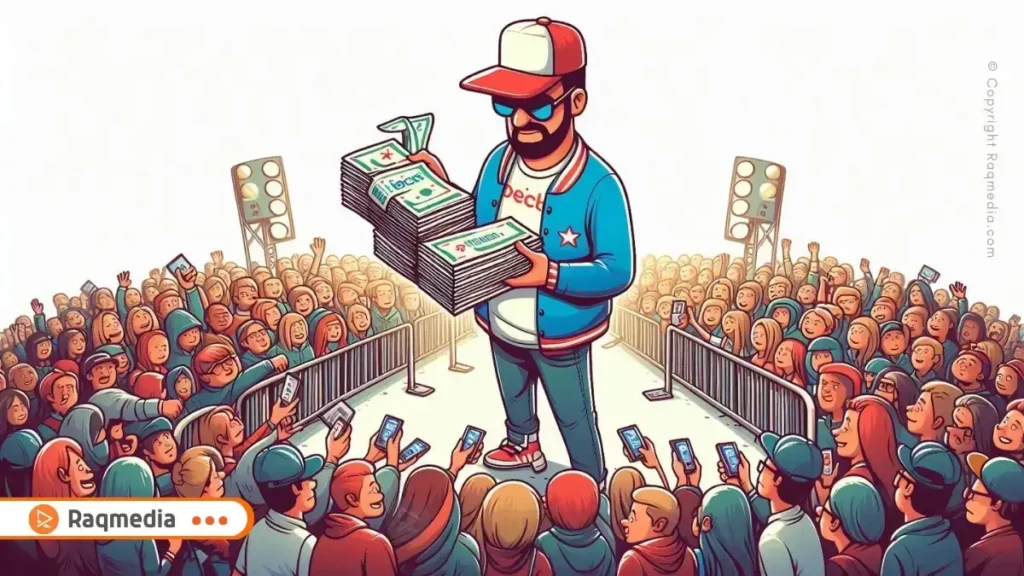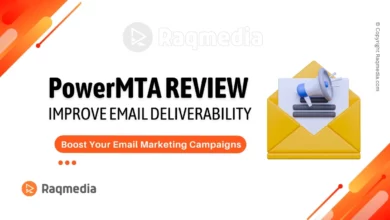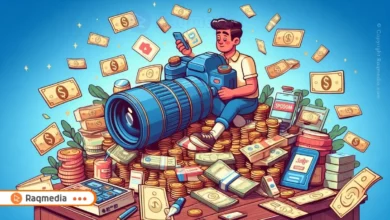In the buzzing world of live events and coveted performances, the ticket scalping dilemma looms large, casting a shadow over the landscape of entertainment access. At the heart of this intricate web lies a complex interplay of economic forces, consumer behavior, and ethical considerations that demand introspection and deliberation. As we step into the realm where supply and demand collide with moral quandaries, embarking on a journey to unravel the enigma of ticket scalping becomes not just an exploration but an illumination of our societal values.
The Art of Ticket Scalping: Pros, Cons, and Ethical Considerations
Today, we embark on a quest to dissect the multifaceted layers of ticket scalping – from its tantalizing allure for last-minute seekers to its contentious ethical implications that raise questions about fairness and access. The dichotomy between the pros and cons of this practice unveils contrasting narratives: convenience for some clashes with inflated prices for others; accessibility in securing coveted tickets competes with concerns over transparency and legality.

In this narrative tapestry, ethical considerations emerge as guiding lights beckoning us to navigate through murky waters, urging reflection on what principles should underpin our interactions in entertainment commerce. It is within this dynamic ecosystem that we delve deep into evaluating not just what ticket scalping means for buyers and sellers but how it shapes our understanding of fairness and consumer rights in an ever-evolving market landscape. Buckle up as we embark on a thought-provoking expedition through the realms of ticket scalping ethics – where each decision made reverberates through the corridors of commerce and conscience alike.
Pros and Cons of Ticket Scalping
Ticket scalping, despite its controversial nature, offers certain advantages for event-goers in specific scenarios. For individuals seeking last-minute tickets to popular concerts or sports events, scalpers can be their last resort. These sellers often have access to tickets even after official sales have concluded, providing an opportunity for those who missed out initially. Additionally, scalping can sometimes offer a chance to attend sold-out shows that fans desperately want to experience. In these cases, scalping becomes a service that fulfills the demand of consumers when traditional avenues fall short.
Conversely, the downsides of ticket scalping are not to be overlooked. One prominent issue is the inflation of ticket prices by scalpers who capitalize on high demand or limited availability. This practice can price genuine fans out of attending events they are passionate about and can lead to exploitation in the secondary market. Moreover, purchasing from unauthorized resellers comes with risks like receiving counterfeit tickets or falling victim to scams, tarnishing the overall experience for buyers. Furthermore, event organizers face challenges posed by ticket scalping as it undermines their control over pricing and distribution, potentially resulting in revenue losses and negative impacts on their reputation.
To navigate the ticket scalping landscape effectively, it's crucial to stay informed about event ticketing policies, reselling regulations, and market trends. By keeping up-to-date with changes in the industry, buyers can make more informed decisions when considering purchasing tickets from secondary markets. Event-goers should also be aware of reputable platforms that offer verified resale tickets to minimize the risks associated with scalping.
Delving deeper into how ticket scalping affects event organizers reveals a complex web of consequences. While some organizers may see an increase in demand due to scarcity created by scalpers and potentially sell out their events faster, this phenomenon does not always translate into higher profits for them. When resellers inflate ticket prices significantly above face value, organizers might lose out on potential revenue that could contribute toward improving future events or supporting the arts industry as a whole.
Additionally, managing reputational damage caused by unhappy customers who fell prey to fraudulent practices associated with scalped tickets poses a significant challenge for event planners striving to maintain trust and loyalty among attendees. The ethical implications of this dynamic call into question how stakeholders within this ecosystem can navigate these murky waters while upholding principles of fairness and integrity in ticketing practices.
Ethical Considerations in Ticket Scalping
When delving into the ethical considerations of ticket scalping, one of the primary concerns revolves around fairness. The practice of resale often raises questions about whether individuals should have to pay exorbitant prices for tickets simply because demand surpasses supply. This can lead to scenarios where true fans are priced out of attending their favorite events while those with deeper pockets secure tickets at inflated rates. For instance, imagine a die-hard music fan who has been eagerly anticipating a concert only to find out that all tickets are being resold at double or triple the original price, creating an unfair barrier to entry based on financial means.
Transparency is another key ethical issue in ticket scalping. Lack of transparency in the resale process can leave buyers vulnerable to scams or fraudulent practices. Without clear guidelines and regulations governing ticket reselling, unsuspecting customers may fall prey to counterfeit tickets or misleading pricing strategies. Picture a scenario where a buyer purchases what they believe to be valid tickets from a third-party seller online, only to arrive at the event and discover that the tickets are invalid, leaving them both out of pocket and without access to the experience they were looking forward to.
From a legal standpoint, navigating the realm of ticket scalping can be challenging due to varying regulations across different jurisdictions. While some regions have strict laws in place to regulate resale practices and protect consumers from exploitation, others have more lenient approaches that allow for greater flexibility in ticket transactions. Balancing the need for consumer protection with individual liberties poses a complex challenge when it comes to legislating ticket scalping. For example, certain countries restrict resale prices by capping markups on tickets, aiming to prevent excessive profiteering at the expense of genuine fans wanting access to events at reasonable costs.
In essence, grappling with ethical considerations in ticket scalping requires a delicate balance between ensuring fair access for all event attendees, promoting transparency throughout the resale process, and upholding legal frameworks that safeguard consumer rights. Addressing these concerns necessitates ongoing dialogue between stakeholders – including ticket resellers, buyers, event organizers, and regulatory bodies – to establish guidelines that uphold integrity and fairness within the ticketing ecosystem while preserving market dynamics and individual freedoms within reasonable bounds. By shedding light on these multifaceted ethical dilemmas surrounding ticket scalping, we can encourage critical reflection on how best to navigate this contentious terrain with integrity and respect for all parties involved.
Ticket Scalping Impact on Consumer Behavior
Ticket scalping not only impacts the event industry but also significantly influences consumer behavior and decision-making processes. When faced with the dilemma of purchasing tickets from scalpers, consumers may undergo a complex internal debate weighing factors such as urgency, authenticity, and moral considerations. The perception of scarcity plays a pivotal role in driving individuals to engage in scalping transactions, particularly for high-demand events where tickets are limited or sold out through official channels. This sense of exclusivity can create a sense of urgency among buyers, pushing them towards purchasing scalped tickets at inflated prices.
Psychological factors also come into play when consumers contemplate buying scalped tickets. FOMO (Fear Of Missing Out) often drives individuals to seek out last-minute ticket options through resellers, even if it means paying a premium. The emotional aspect of wanting to attend a highly anticipated event can override rational decision-making, leading consumers to justify the purchase despite ethical concerns. On the flip side, some buyers may shun scalped tickets due to principles of fairness and refusal to support practices that exploit perceived market inefficiencies.
One way to avoid falling victim to inflated prices or scams is to plan ahead and purchase tickets for popular events as soon as they are released. By securing tickets through official channels early on, individuals can bypass the need to resort to scalpers as a last-minute option. Additionally, planning ahead allows for the opportunity to explore face value options and reduces the reliance on secondary market purchases.
To address the ethical dilemmas associated with ticket scalping and its impact on consumer behavior, alternative solutions and strategies are crucial. Event organizers can implement measures like dynamic pricing or tiered ticketing systems to discourage scalping and provide fair access to all consumers at varying price points. Moreover, fostering a transparent ticket resale market with clear policies regarding authenticity guarantees and refund mechanisms can help build trust between buyers and sellers. Educating consumers about the risks involved in purchasing scalped tickets and promoting early ticket sales can also mitigate the demand for resold tickets.
By exploring how ticket scalping shapes consumer behavior and offering innovative solutions to navigate ethical challenges, stakeholders can work towards creating a more equitable ticketing ecosystem that prioritizes transparency, accessibility, and fairness for all event-goers.
Future Trends in Ticket Reselling
As technology continues to evolve, the ticket resale market is primed for significant advancements that could reshape the industry landscape. One notable trend on the horizon is the increasing prevalence of dynamic pricing strategies. By leveraging data analytics and real-time demand forecasting, ticket resellers can dynamically adjust prices based on factors like timing, popularity of events, and even weather conditions. This sophisticated approach not only optimizes profits for sellers but also offers potential buyers a more flexible pricing model that responds to market fluctuations.
Moreover, consumer attitudes towards ticket scalping are undergoing a transformation as ethical considerations take center stage. A shift is observed where buyers are becoming more aware of the implications of purchasing scalped tickets, including supporting potentially unethical practices or falling victim to scams. This changing mindset may lead to increased scrutiny of ticket resale platforms and sellers, prompting consumers to seek out more transparent and legitimate sources for ticket purchases. As a result, the industry may witness a gradual move towards greater accountability and integrity in ticket reselling practices.

Looking ahead, regulatory changes and innovations are poised to play a pivotal role in shaping the future landscape of ticket reselling. Governments and industry watchdogs may introduce stricter regulations to combat unfair pricing practices, enhance transparency in transactions, and protect consumers from fraudulent activities. Simultaneously, technological innovations such as blockchain-based ticketing systems could revolutionize the way tickets are bought and sold by providing secure digital verification methods that prevent counterfeiting and ensure authenticity. These developments have the potential to restore trust in the ticket resale market while fostering a more ethical and efficient ecosystem for both buyers and sellers alike.
Wrapping Up
In conclusion, exploring the intricacies of ticket scalping has shed light on both its advantages and drawbacks. While ticket scalping can provide last-minute access to coveted events for eager attendees, it also raises concerns about affordability and fairness in accessing tickets. The ethical considerations surrounding ticket scalping delve into issues of transparency, consumer rights, and the impact on event organizers' revenue streams. As consumers navigate the ticket resale market, it becomes imperative to weigh the pros and cons carefully while considering the ethical implications of their purchasing decisions.
As we encourage readers to reflect on their own perspectives regarding ticket scalping, it's essential to acknowledge that this practice exists within a complex web of economic considerations, consumer behaviors, and regulatory frameworks. By fostering a nuanced understanding of the ethical dilemmas associated with ticket scalping, individuals can make informed choices that align with their values and beliefs. Whether one chooses to engage in or avoid purchasing scalped tickets, being cognizant of the broader implications can lead to more conscientious decision-making when it comes to attending live events.
Instead of engaging with traditional ticket scalping practices, individuals can explore alternative options for obtaining tickets, such as ticket exchanges or peer-to-peer resale platforms that prioritize transparency and fair pricing. Embracing ethical ticket resale practices not only supports a more sustainable ticketing ecosystem but also promotes a sense of trust and integrity within the event community.
Ultimately, the evolving landscape of ticket reselling necessitates ongoing discussions around ethics, regulations, and consumer rights. By staying informed about current trends in the industry and advocating for transparency and fairness in ticket transactions, event-goers can contribute to shaping a more equitable secondary ticket market. Reflecting on the lessons learned from this exploration of ticket scalping allows us to approach future purchasing decisions with a clearer understanding of the complexities at play in this controversial yet prevalent aspect of live event attendance.
Reflections on Ticket Scalping: Navigating the Ethics and Impacts
In the complex world of ticket scalping, we have delved into a controversial practice that stirs debates among event-goers, resellers, and organizers alike. As we explored the pros and cons of scalping tickets, it became evident that while it may offer last-minute options for buyers, it also raises significant concerns about unfair pricing and access to events. The ethical considerations surrounding ticket scalping force us to confront questions of transparency, legality, and consumer rights in a landscape where profit motives often overshadow ethical boundaries.
Looking ahead to the future trends of ticket reselling, we find ourselves at a crossroads where advancements in technology could either exacerbate the issues related to scalping or pave the way for more transparent and equitable practices. Consumer behavior is influenced not only by market forces but also by psychological factors that underpin their decisions when faced with purchasing scalped tickets. As regulations evolve and consumer attitudes shift, it will be crucial for all stakeholders to adapt responsibly to ensure a fair and ethical marketplace for event tickets.
Frequently Asked Questions About Ticket Scalping
1. Is ticket scalping illegal?
While ticket scalping is not illegal in all jurisdictions, many places have laws regulating its practice. It's important to understand the legalities in your area before engaging in or purchasing from scalpers.
2. How can I protect myself from scams when buying scalped tickets?
To avoid scams, consider using reputable ticket resale platforms or ensuring that you verify the authenticity of tickets before making a purchase.
3. Do event organizers benefit from ticket scalping?
Event organizers often lose revenue due to ticket scalping but may implement strategies like dynamic pricing to combat resale practices.
4. What are some alternative solutions to combat unethical ticket reselling?
Implementing policies like ID checks at venues or setting price caps on resale platforms are some ways to address unethical reselling practices.
5. How do consumers view ticket scalping ethically?
Consumer perceptions vary; some see it as a legitimate market practice while others view it as exploiting demand unfairly. Understanding diverse perspectives is key in navigating this topic.
As we conclude our exploration into the art of scalpings TKTS' profound implications, we urge readers to critically evaluate their stance on this contentious issue and consider how they can contribute positively towards shaping an ethical and transparent ticketing ecosystem for all participants involved in live events worldwide.










Get Ahead in Ticket Scalping: Explore the Benefits, Drawbacks, and Ethical nuances of this lucrative practice.